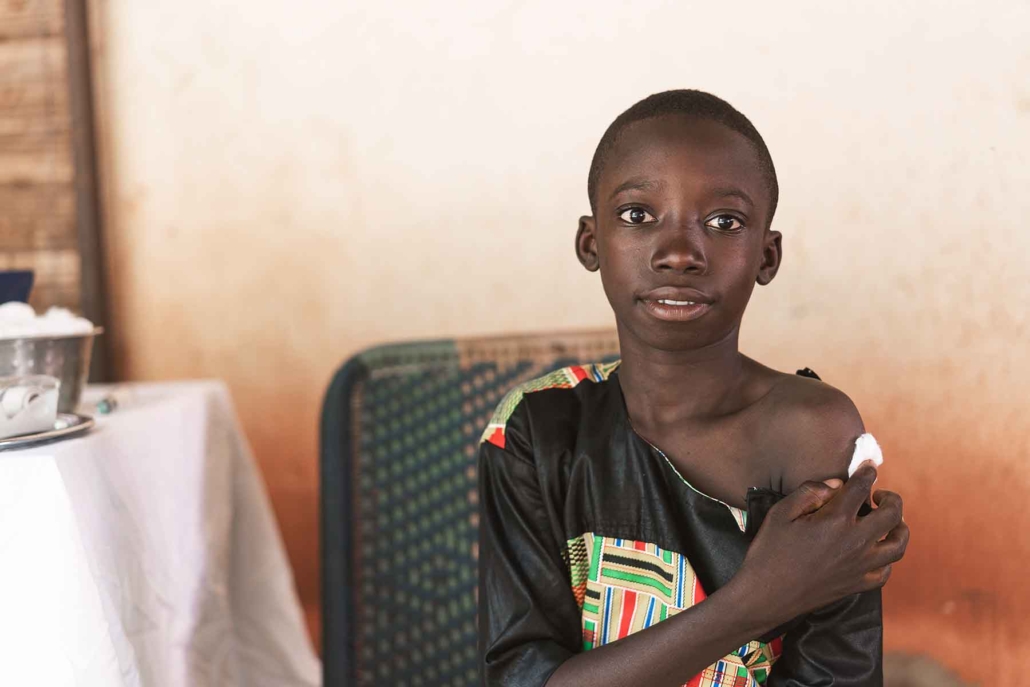In 2022, fewer children died before their fifth birthday than ever before, according to a new World Bank/United Nations report. Since 2000, the global under-five mortality rate (U5MR) has dropped from 76 deaths per 1,000 live births to 37 per 1,000 live births.
Despite this progress, around 4.9 million children died in 2022. The report highlights that while improvements have been made, many children still die from preventable causes. Between 2000 and 2022, 162 million children under the age of five died.
Of the 4.9 million deaths in 2022, 2.3 million occurred in the first month of life, known as the neonatal period. The remaining 2.6 million deaths happened between one month and five years old. Many neonatal deaths are due to issues that need good healthcare, like premature birth and birth complications.
The report emphasizes that these deaths could be avoided with the right knowledge and healthcare. Most of these child deaths are due to preventable or treatable conditions.
Unequal Distribution: Main Factors
Where a child lives greatly affects their chances of survival. In 2022, children in low-income countries had a much higher risk of dying before age five, with 65 deaths per 1,000 live births. This rate is 13 times higher than in high-income countries. Socioeconomic status and living in conflict-affected areas (FCS) also impact child mortality rates.
Children living in countries experiencing conflict or instability are at a much higher risk of dying before their fifth birthday. In 2022, the under-five mortality rate in the 39 countries classified as fragile and conflict-affected situations (FCS) by the World Bank was 73 deaths per 1,000 live births. This rate is nearly three times higher than in countries not classified as FCS.
In 2022, about 48% of global under-five deaths occurred in FCS countries, even though only 25% of all live births took place in these countries. This shows how much more vulnerable children in conflict-affected regions are compared to those in more stable environments.


